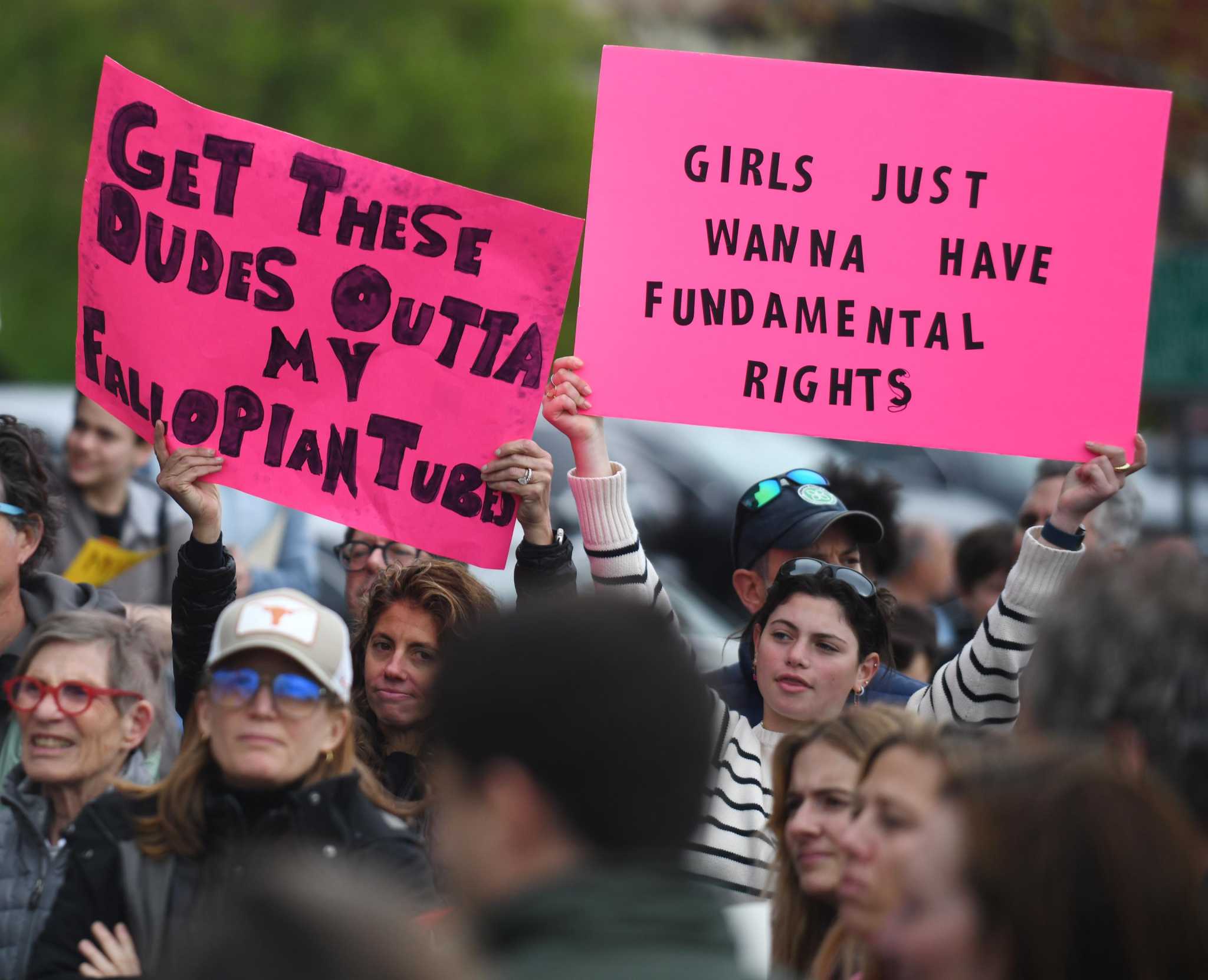For the majority of the nation’s history, abortion access has been heavily limited. The attitudes toward abortion began shifting during the ’60s and ‘70s with the women’s liberation movement advocating for more autonomy for women. The movement for the autonomy of women amounted to cases such as Griswold v. Connecticut, which legalized contraception, and then eventually, Roe v. Wade.
Since Roe v. Wade, there have been challenges to abortion access, such as the Byrd Amendment, which prohibits federal funds from being used for abortions. Despite this, the recent legislation that is being passed through Republican-controlled state legislatures represents the greatest challenge to abortion rights in decades.
Do not be mistaken as this did not occur in a vacuum. Anti-abortion sentiment is not a new thing for the right but with an emboldened hard-right supreme court and full control of thirty out of fifty state legislatures in the country, Republicans have the capacity to do serious damage.
While someone solely focused on American politics may find this mundane, as it is standard to see the right-wing talking about the plight of unborn babies, taking a look at countries in Europe shows a whole other view on abortion. In most of Europe, the issue of abortion is settled: anyone giving birth has the right to choose to terminate a pregnancy if they want to. This is effectively a third rail in most of Europe, with even far-right parties seldom challenging the established law on abortion (notably, Marine Le Pen leader of the far-right National Rally supports government subsidization of abortion). So then why has abortion become such a contentious issue in the United States?
It all has to do with the sway of the southern churches. During the latter half of the 20th century, the southern church’s influence on politics was mainly prevalent in one area: segregation. After the civil rights movement of the mid 20th century, which produced multiple pieces of legislation that outlawed segregation and made segregation politically infeasible. The churches of the south began to drop their opposition toward racial integration (albeit with some reservations, such as opposition to forced bussing and supporting tax breaks for universities that were racially segregated). Southern churches were not opposed to abortion during this time. The Southern Baptist Church actually passed a resolution supporting the legalization of abortion in 1971 (2 years before Roe v Wade) and affirmed this resolution in 1974 and 1976. This is due to the fact that Protestants at the time thought that abortion was an issue that should be relegated towards Catholics. The irony about this is that polls now show that there is a higher percentage of Catholics supporting keeping abortion legal than Protestants.
As southern Christian leaders realized they were losing political relevance and could not rely on the issue of segregation for influence anymore, they found that they needed to pivot. This led to them realizing they could coalesce around the issue of abortion to retain power, hence the pro-life organization the Moral Majority, which was created in 1979 and forever shaped the Evangelical Protestant view on abortion.
For now, Republicans in Congress and the Supreme Court have followed a shift in rhetoric towards the dismantling of abortion rights nationwide, while Democrats and Independents have moved more so in favor of maintaining abortion rights. Despite the Republican view in the ’60s and ’70s being pro-choice or neutral, it changed in the 80’s due to the aforementioned reason. Republicans realized that with the end of the Dixiecrats, they could fill the void for the flavor of politics that the South needed. This lead to the Southern Strategy which used racial dogwhlisting and social conservatism, such as pro life stances that had become part of southern politics with the change in the view of abortion.
With the recent Texas Heartbeat Act and the Supreme Court’s ruling on it, the floodgates have been opened for more restrictive abortion laws in conservative controlled states. Examples of new restrictive abortion laws are already taking root in conservative and red states, one such example is the Living Infants Fairness Equality (LIFE) Act in Georgia. Unlike Texas’s abortion law (one has to use a tip line to inform authorities about an abortion), the Georgia one is more direct (an abortion past six weeks is illegal). But, the Georgia act has been put on hold until the Supreme Court decides on another abortion law: the Mississippi Gestational Age Act. The Gestational Age Act states that abortions are legal until 15 weeks into pregnancy with exceptions for fetal abnormalities but no expectations for victims of rape or incest. In West Virginia, HB4004 proposed this session by Ruth Rowan. This bill aims to restrict abortion access 15 weeks after pregnancy, aiming to emulate Mississippi’s abortion ban. There have also been pushes against these laws despite being based in majority red states. In West Virginia, a new bill has been proposed (HB 4382) which would protect abortion rights for women in the Mountain State. Going forward, the battle for abortion will be tumultuous and polarized along party lines.
Lorem ipsum dolor sit amet, consectetur adipiscing elit. Ut elit tellus, luctus nec ullamcorper mattis, pulvinar dapibus leo.
Sources
Clift, Eleanor. “How Roe v. Wade Became a ‘Godsend’ for the Religious Right.” The Daily Beast, 31 Dec. 2021, http://www.thedailybeast.com/how-roe-v-wade-became-a-godsend-for-the-religious-right. Accessed 10 Feb. 2022.
“U.S. Public Continues to Favor Legal Abortion, Oppose Overturning Roe v. Wade.” Pew Research Center – U.S. Politics & Policy, 29 Aug. 2019, http://www.pewresearch.org/politics/2019/08/29/u-s-public-continues-to-favor-legal-abortion-oppose-overturning-roe-v-wade/.
Fahmy, Dalia. “8 Key Findings about Catholics and Abortion.” Pew Research Center, 20 Oct. 2020, http://www.pewresearch.org/fact-tank/2020/10/20/8-key-findings-about-catholics-and-abortion/.


